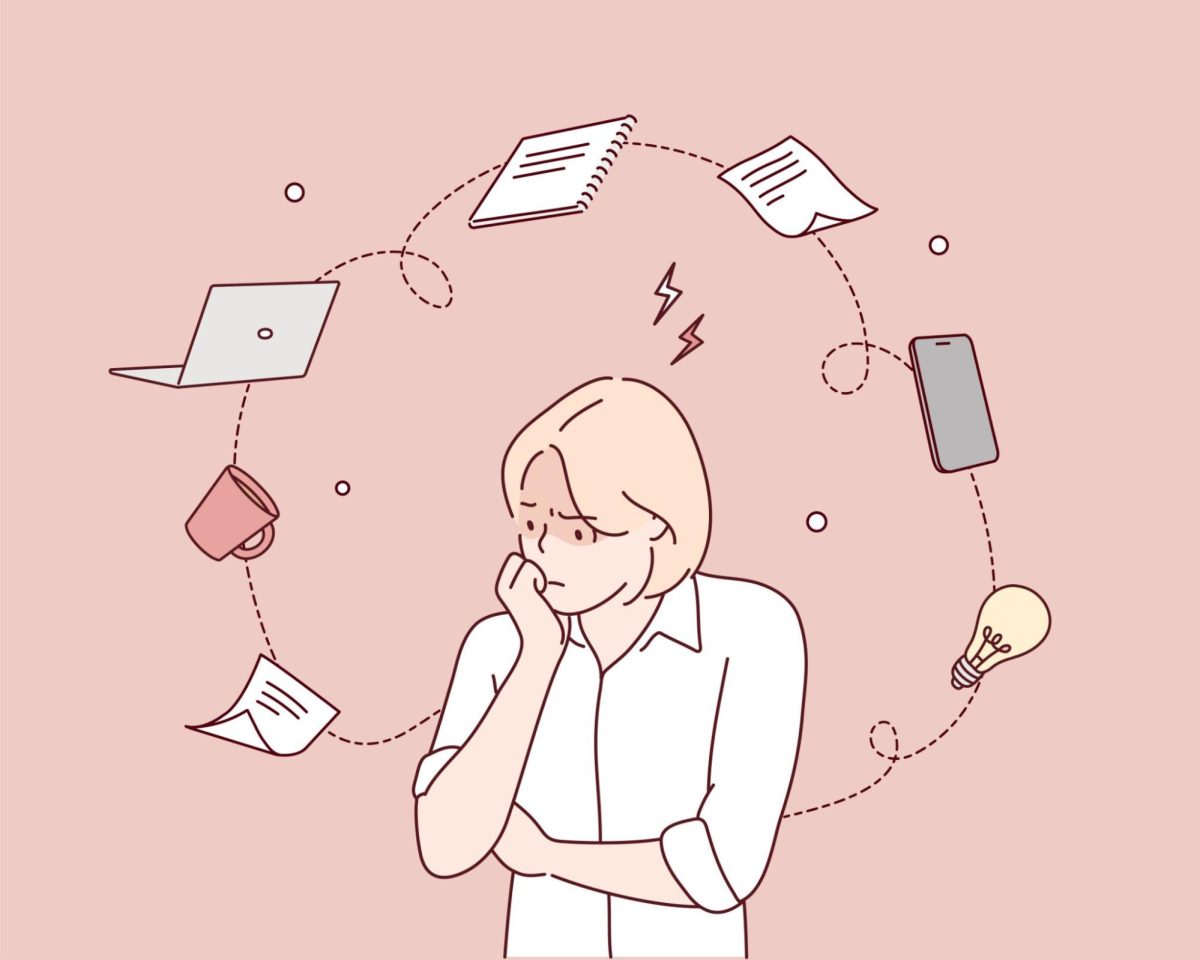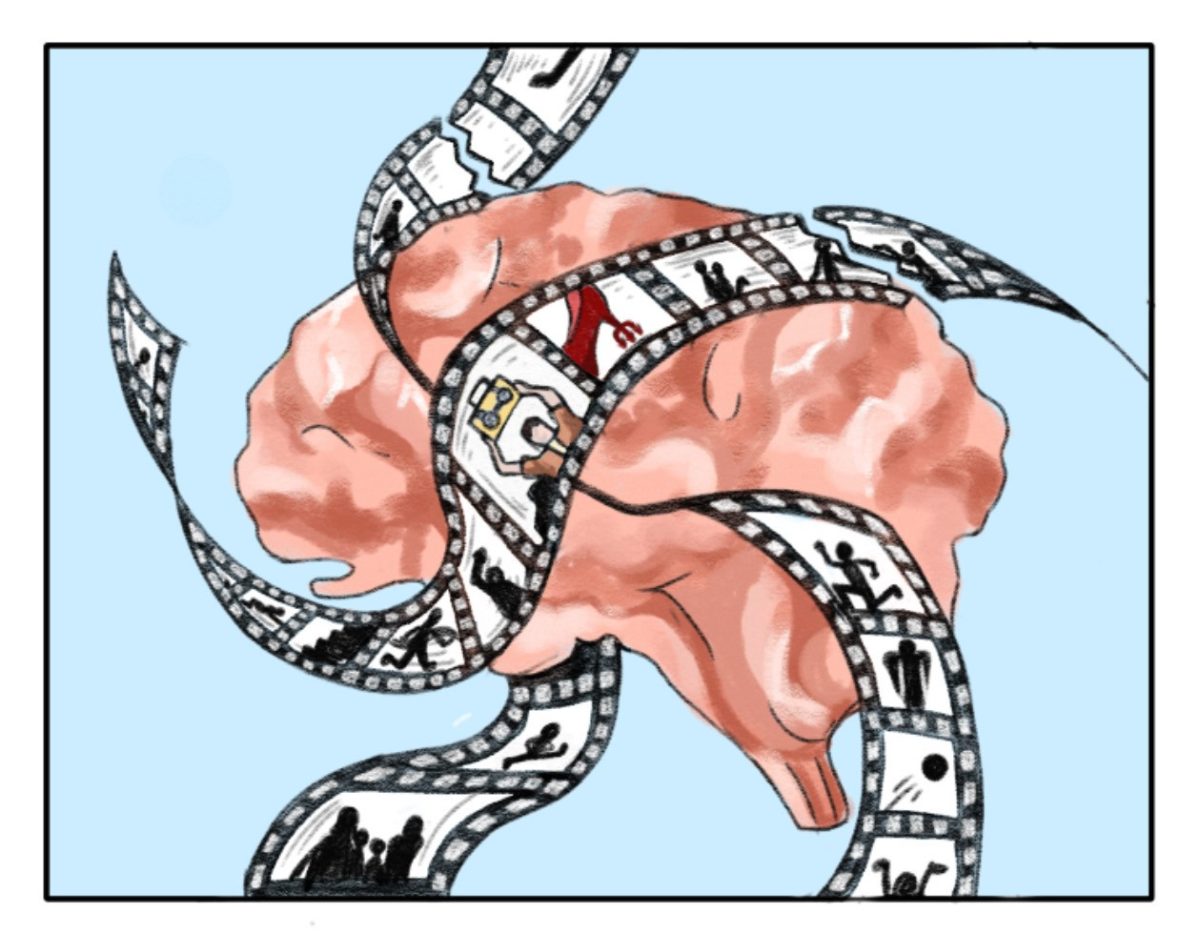Students at South must constantly make choices. Stay up to study more or go to sleep? Come to school sick or stay home and rest? Play with an injury or miss another valuable game? We often face these dilemmas between our mental and physical health and our academic and extracurricular success. As teenagers, it is tempting to ignore the possible health implications of our decisions. The immediacy of our academic and extracurricular responsibilities overshadows the more distant adverse effects on our health. Achievement also takes precedence over a balanced lifestyle in the culture of our school and the country as a whole.

Students, parents, and teachers must all reconsider the value of mental and physical health. Yes, in the short run it may seem that the cost of staying home sick is too high, so many would rather keep up in class and prolong their recovery. The importance of grades seems to justify staying up late to study and complete assignments. Playing in an important game despite an injury seems to be worth further injury later on. The problem is that all of these decisions to neglect health compound over time, leading to greater mental and physical health issues. For instance, recent research indicates that chronic sleep deprivation might contribute to long-term health problems, possibly increasing the risk of developing Alzheimer’s and Parkinson’s.
The pressure to succeed at the expense of health is pervasive. In an academically successful school like South, students are surrounded by subtle but formative messages that academic success is paramount. And while parents want their children to be healthy, often the value they place on success inadvertently influences their children to sacrifice health in order to keep up with expectations. Furthermore, when students do miss school, many teachers expect students to have the notes from missed days copied and to be up to date on the material and homework due to the convenience of technology. This means that a sick student is expected to spend the day keeping up with work, not resting and healing.
Prioritizing work over health, however, is often shortsighted. For instance, skipping sleep in order to study or complete an assignment can be counterproductive. During sleep the brain encodes memories from the day. The less sleep you receive, the harder it will be to recall those well-studied facts. So while staying up all night may allow you to study more material, it is likely that the extra studying will be ineffective. Also, lack of sufficient sleep affects your ability to stay alert and encode new information. Although you might finish the assignment and arrive to school on time, your ability to actually understand new material in class will be compromised. Students who come into school sick also cause notable consequences, compromising the health of the entire population.
As a community, we must try to reverse the persistent pattern of valuing achievement over health. First, teachers can be more inclined to believe that an absence is due to sickness, not a student trying to avoid an assessment or assignment. Although some students miss school to gain an unfair advantage—like learning the content of a test, getting additional time for a project, or just getting more time to study—students who stay home for legitimate reasons should not be punished. For example, some teachers make tests more difficult or remove the opportunity for extra credit if it is taken at a different time than the rest of the class, whether they are cutting or legally absent. In reality, these practices don’t change the behavior of students who are determined to gain an unfair advantage, yet they might discourage honest students from staying home when they need to.
Parents and administrators can try to contribute to a school environment in which health is valued as highly as a high GPA, DECA medals, and sports victories are. By focusing on the process of learning, not the results, throughout the various arenas of high school, they can encourage students not to pursue results at the expense of health.
Ultimately, these decisions are up to students; we must be honest with ourselves about our health and know that in the big picture, no test, game, or assignment should stop us from taking care of ourselves.
Categories:
How to Ace Life’s Greatest Exam
March 4, 2014
0
Tags:
More to Discover












